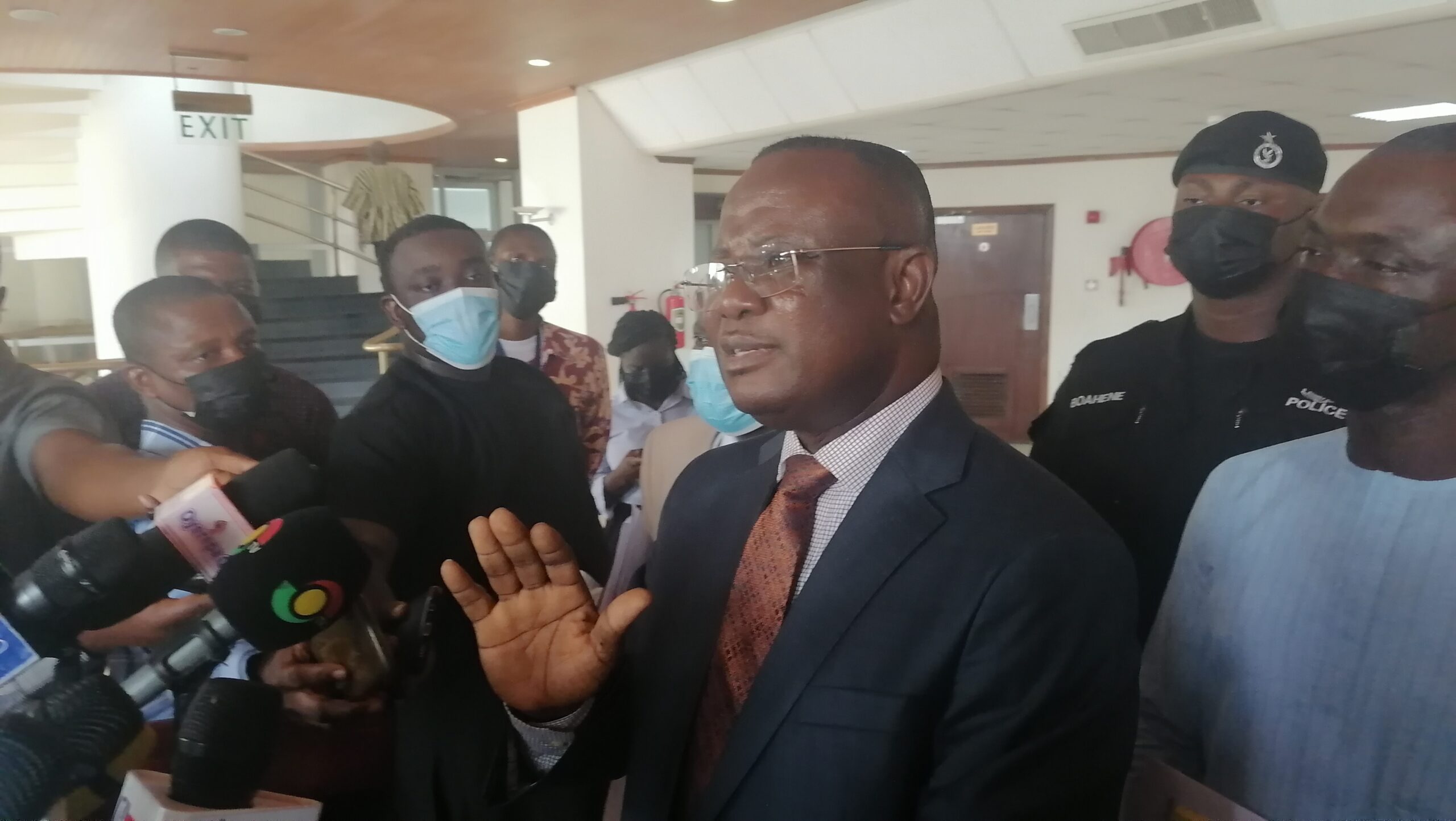Hon. Joseph Osei-Owusu is the Member of Parliament (MP) for Bekwai. Just like his 274 other colleagues, he is an MP representing a constituency. MPs are equal and have equal voting rights and powers. They all operate under the same laws and under the leadership of the Speaker Parliament.
But sometimes, this MP for Bekwai, gets to be more powerful than all his colleagues. In fact, on two occasions, he even changed decisions of the Speaker. On one occasion, he revoked an earlier ruling by the Speaker. On another occasion, he dismissed a motion that had already been admitted by the Speaker.
When he is in that state of ‘powerfulness,’ he decides who can speak and who cannot speak in the Chamber. During voice votes, he decides who won and who lost. In those times, he dictates the rules of proceedings of the House and all the other MPs must obey his instructions and commands. An aggrieved MP can only fume at his decision, but that is literally all that such an aggrieved MP can do. To fume, rave and rant. That’s all, nothing else.
The Bekwai MPs gets to be that powerful not because he or his constituency is special. He gets to be that powerful not because he is the oldest MP or the longest-servicing MP. It is not because he is the most knowledgeable among all the MPs or he is the most accomplished person in law making.
The Bekwai MP sometimes gets to be above all his colleagues because he was elected to a position called First Deputy Speaker. With that position, he assumes all the above powers and more, when the speaker is absent and he gets to sit on the Chair of the Speaker to preside over proceedings of the House.
Because of the enormous powers he assumes to direct the affairs of the house in the absence of the Speaker, including deciding who can speak or not; admission or dismissal of motions; decisions on outcome of votes, among others; the practice has been that, once he is the one presiding, he cannot take part in debates and voting, etc.
Yes, in that role, he is an MP representing the people of Bekwai. But he becomes a more powerful MP capable of making decisions that his other colleagues cannot make.
Yes, the practice was that he could not vote. But on those occasions, he could decide whether or not voting should even happen in the first place. Yes, he wouldn’t be able to vote on a motion but he decides whether or not a motion should even be admitted. In the Speaker’s Chair, he is simply powerful in the scheme of things.
Giving his power while presiding, the practice, therefore, has been that, allowing him to take part in a debate and also participate in voting, will be unfair, and actually put him in a position of a referee and a player at the same time. As a player, players from the other side will threat him as such and may choose to respect his whistling/decisions or not.
But yesterday, the Law Lords ruled. They ruled that the Bekwai MP can take part in voting when he assumes the seat of the Speaker.
I just hope that now that the referee is also allowed to be a player including taking penalty shots (votes) for his side, while still officiating, things will remain the same in our law-making chamber.
I hope that any time the MP for Bekwai goes to sit on the Speaker’s chair as MP for Bekwai, his colleagues will not see him and treat him as MP for Bekwai but as Deputy Speaker with all the powers. I hope that on such occasions, when he shouts “Orrderrr, Orrderr” to allow him to come down to take his vote, there will be Order. I hope that when he calls himself as the next contributor to the debate, there will be Order.
Yesterday’s Supreme Court decision is a stress test for our democracy. But maybe that’s all that democracy is about. So we need to collectively continue to work towards strengthening and consolidating ours. God Bless our Homeland Ghana.
By Sulemana Braimah

